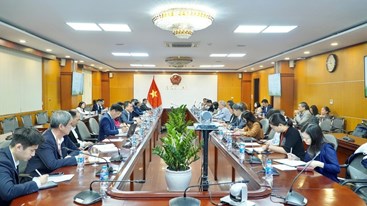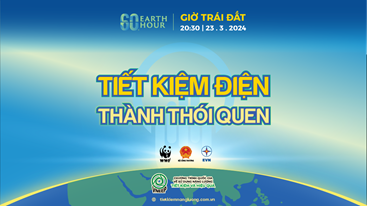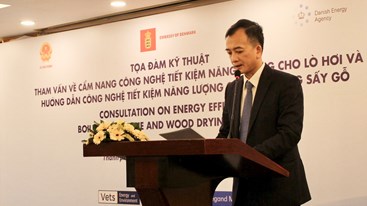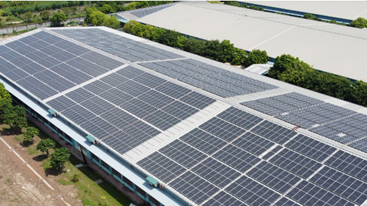Tuesday, 07/05/2024 | 21:06 GMT+7
The demand for renewable energy is expected to triple over the next decades according to U.N.E.P.’s Year Book 2011.
United Nations Environment Program’s 2011 Year Book predicts
this year to be the first where low-carbon energy capacity exceeds that of
fossil-fuel.
Experts predicted that the world as a whole, by 2011, will
add more capacity to the electricity supply from renewable energy than other
sources. Further, the demand for renewable energy is expected to triple over
the next decades, with an estimated increase of one-fifth to one-third in terms
of electricity supply.

The Year Book cited International Energy Agency projections
that the share of renewable energy in global electricity generation will
increase from 19 percent in 2008 to 32 percent in 2035. It is illustrated that
by 2035, the European Union would have generated renewable electricity
equivalent to 390 million tons worth of oil equivalent, United States producing
380 million tons, and China on third, creating 360 million tons.
Investments also play a crucial role environmentally. The
Year Book suggested that in order to prevent a 2-degree Celsius increase in
global temperature, investments of more than $2 trillion a year from 2010 to
2030 are needed.
The U.N.E.P.’s Year Book is an annual publication which
examines global emerging issues and the latest environmental developments and
trends.
The Year Book based its prediction on the trend which
started in 2009 wherein the global investment in sustainable energy reached
$162 billion. That amount translates to an estimated 50 gigawatts of renewable
energy generation capacity and 28 GW of large hydroelectric capacity.
The trend is also supported by the fact that there is a
shift towards sustainable energy such as accelerating energy efficiency, public
investment in low-carbon technology research, and further development of hybrid
and fully electric vehicles by leading companies.
Aside from providing an update on renewable energy trends, the Year Book also focused on other emerging environmental issues. Two issues which the 2011 Year book voiced concern about are the impacts of phosphorus and its availability and the concern over the impact of plastics on marine wildlife.
ecoseed.org








.jpg?w=367&h=206&mode=crop) Energy efficiency and conservation usage is an important aspect of the national energy development strategy
05/03/2024
Energy efficiency and conservation usage is an important aspect of the national energy development strategy
05/03/2024
 Challenges and Opportunities to promote energy efficiency market in Vietnam
Challenges and Opportunities to promote energy efficiency market in Vietnam
 The Ministry of Industry and Trade requests government agencies to coordinate in organizing Earth Hour 2024
The Ministry of Industry and Trade requests government agencies to coordinate in organizing Earth Hour 2024
 Consultation on Energy Efficiency Boiler Catalogue and Wood Drying Guideline
Consultation on Energy Efficiency Boiler Catalogue and Wood Drying Guideline
.png?w=367&h=206&mode=crop) Request for expression of interest - C2.1.13: Capacity Building on energy efficiency policies development
Request for expression of interest - C2.1.13: Capacity Building on energy efficiency policies development
 Son Ha Co., Ltd, applies energy efficiency and conservation measures
Son Ha Co., Ltd, applies energy efficiency and conservation measures
 Phuc Kien Co., Ltd., is effectively implementing energy-saving measures
Phuc Kien Co., Ltd., is effectively implementing energy-saving measures
 Request for expression of interest - C2.1.12: Independent monitoring of safeguards implementation
Request for expression of interest - C2.1.12: Independent monitoring of safeguards implementation